Burnesha: Women-Men of Albania
In Albania, the tradition of "remaking" women into men is still alive – there are several thousand of them. They take men's names, wear men's clothes, behave like men. To this they are pushed by the Eve-a set of archaic, rodo-tribal laws.
In this collection, you will learn about the causes of this phenomenon and see pictures of these "women-men" by photographer Jill Peters.

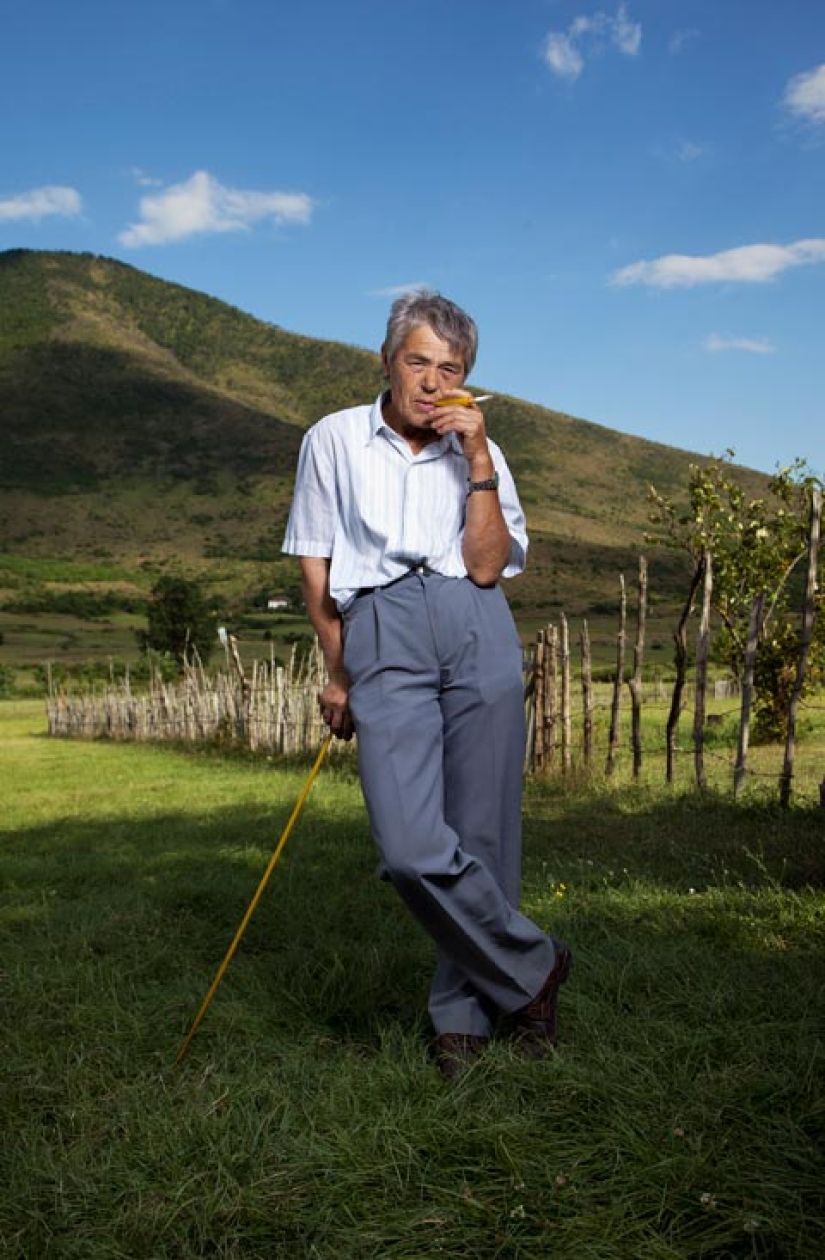
Despite the fact that a third of Albanians are Christians (half of whom are Catholics, the other half are Orthodox), the medieval code of laws also applies to them. There is nothing surprising in this Eve – almost all mountain, closed societies have similar laws for the self-preservation of the nation-from the Adats in Chechnya to the Bilus in the Basque country. Another thing is that in Albania, the Eve continues to determine the life of the entire society, and not just its archaic strata.
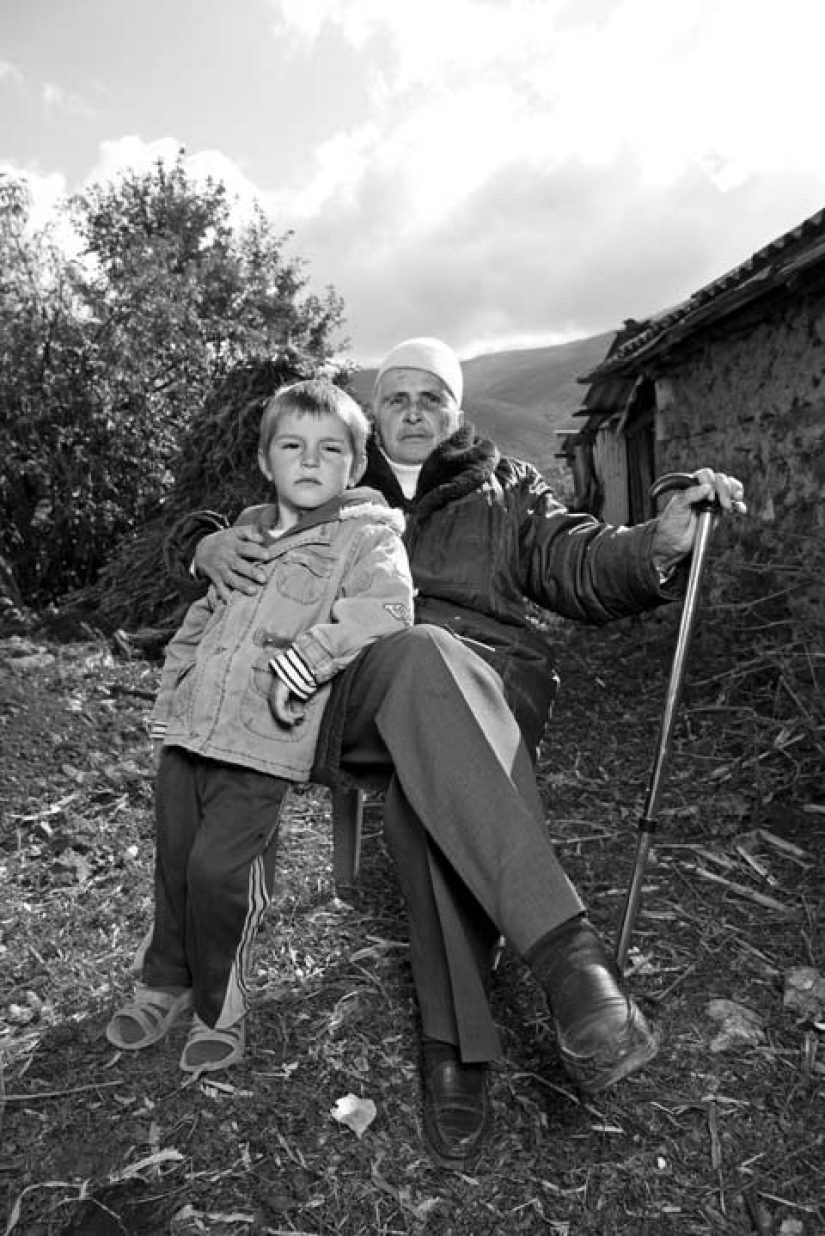
One of the main components of the Eve is blood feud. Here is a description of everyday life in Albania on the Eve of the 1990s, which was given by the newspaper Die Welt.
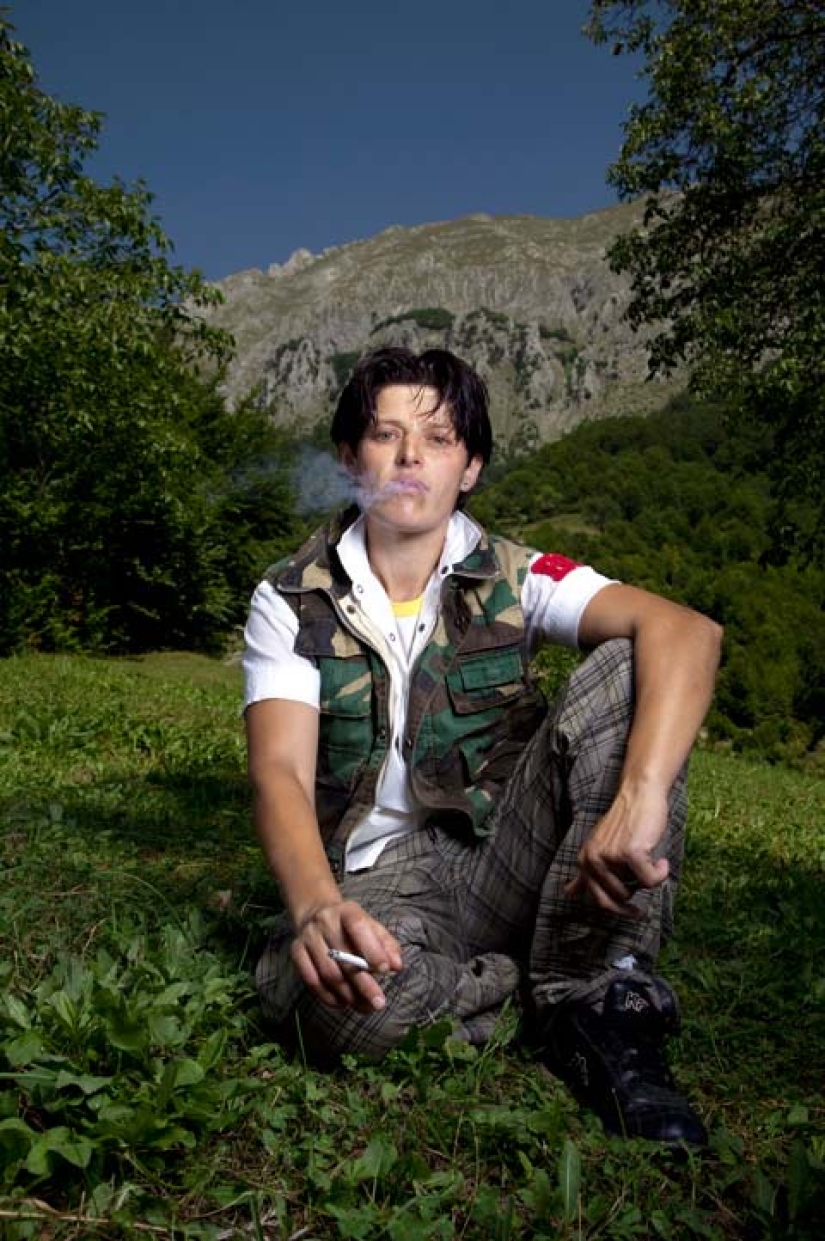
"More than half of the population of the northern mountainous territories of Albania do not leave their homes. They fear blood feuds. The fact is that if one person from the family is guilty, the punishment also applies to his relatives.
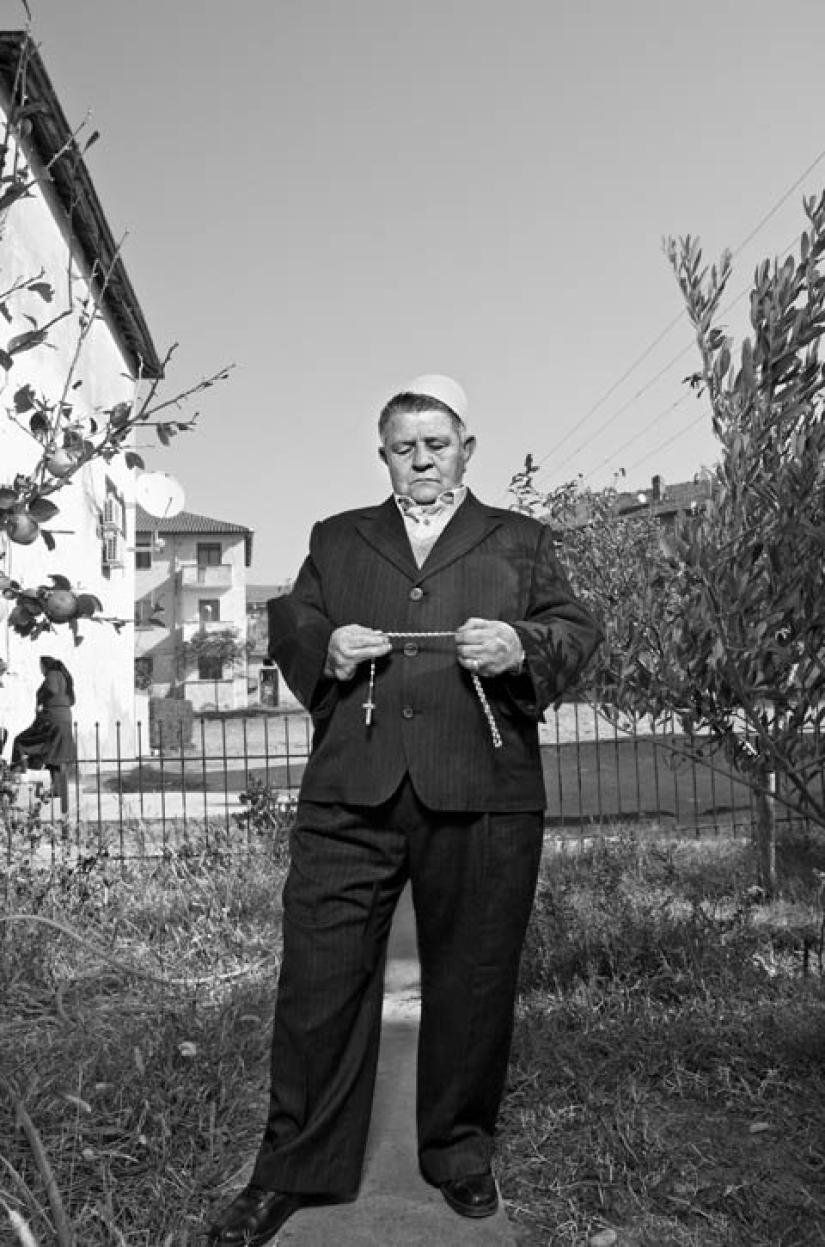
In Albania, you can only pay for a dishonored honor with blood, and for spilled blood — again, only with blood. After the recent changes, this law has come into force again, and the less state control and management in a given territory, the more powerful the laws of vendetta gain.
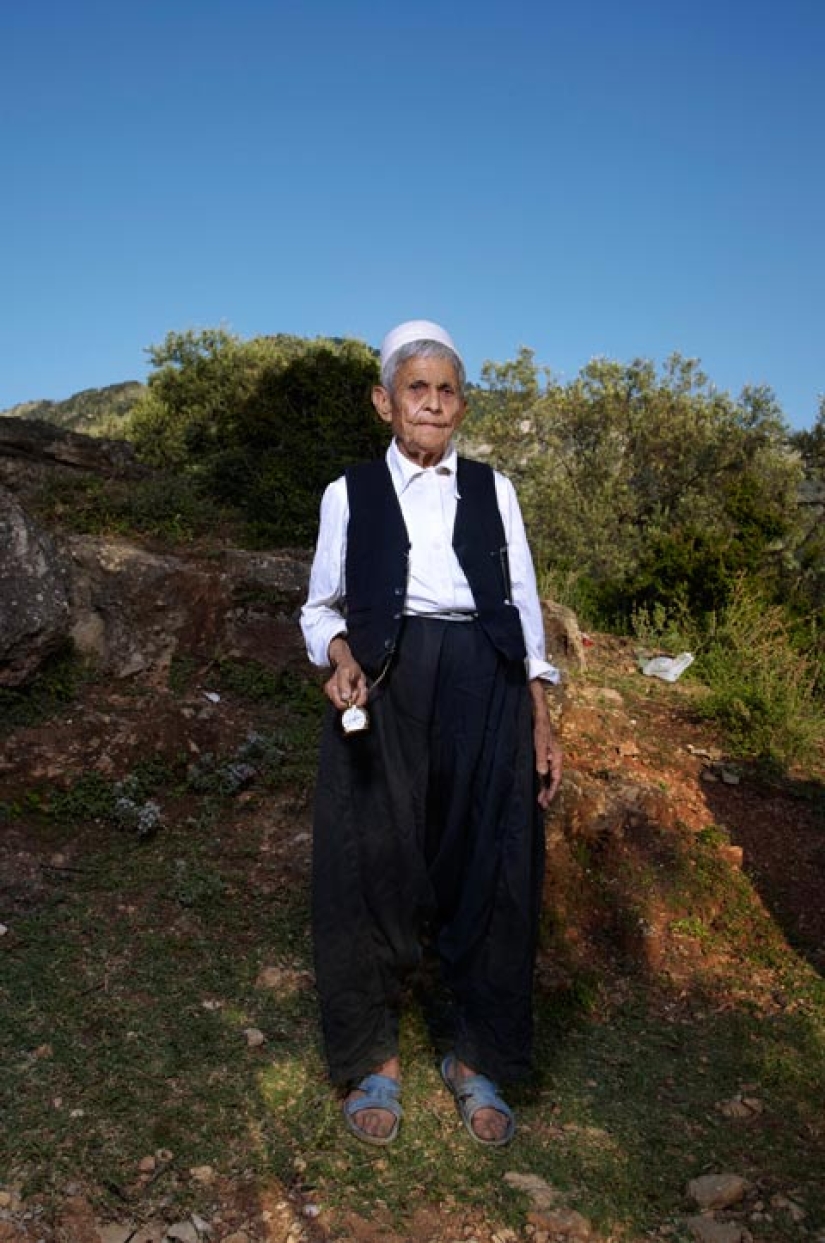
Plans for blood feuds are hatched for years. In the village of Bleran, near the border with Montenegro, Gerg Capaclia was killed. 13 years before his death, he pushed a representative of the Geka family on the street, and such an insult, according to the Albanian code of honor, is washed away only with blood. Kapaklia would probably have been killed back then, but the iron hands of the dictator Enver Hoxha protected the Albanians from tradition. Gergi went to Greece, and when he returned, two brothers of a blood-offended representative of the Heck family shot him in the street.
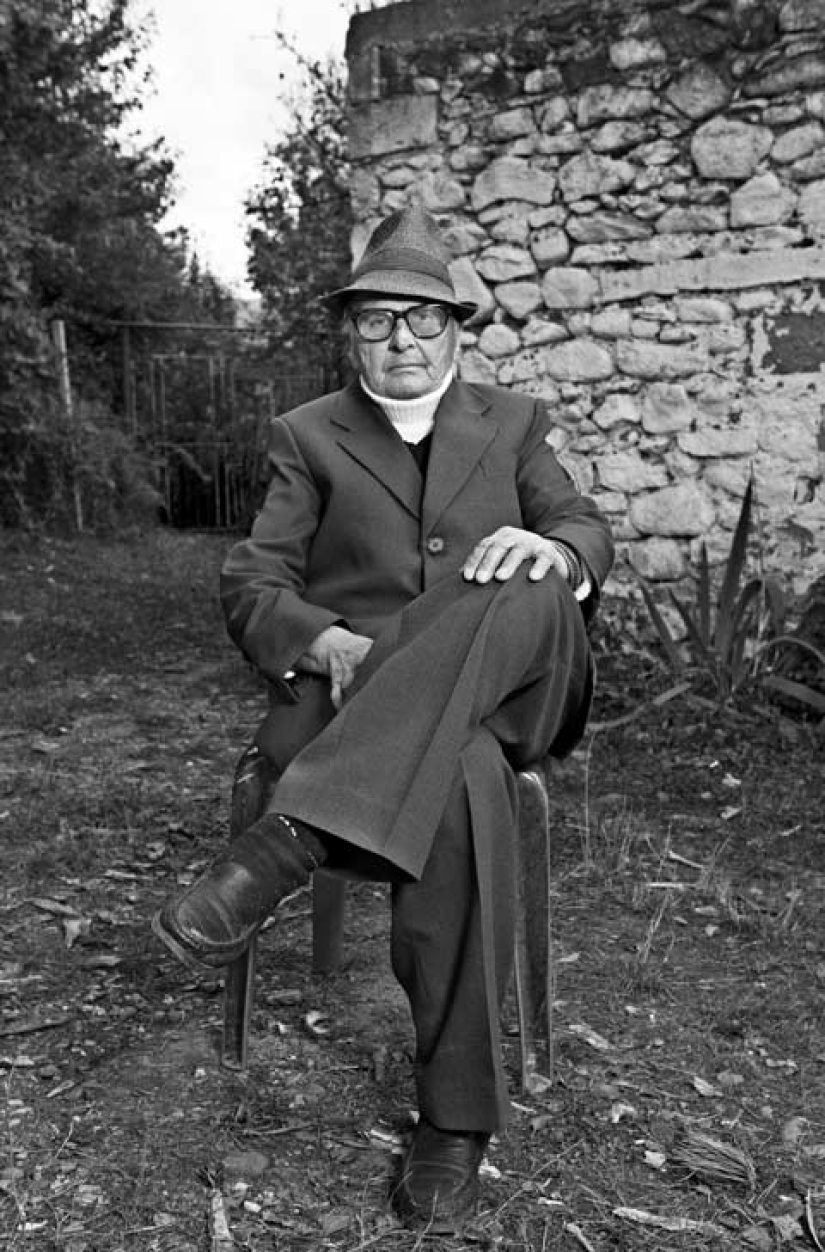
Gergi's younger brother, Pepin, who was with him, screamed and threw a stone at the murderers, who, without thinking twice, shot him as well. Now it was Huck's family's turn. One of the five Gergi brothers still shot one of the Gek, but along the way, a policeman who tried to stop the violence was also shot. Thus, the Capaclia family made two blood enemies at once: the family of the murdered policeman was added to the Huck.
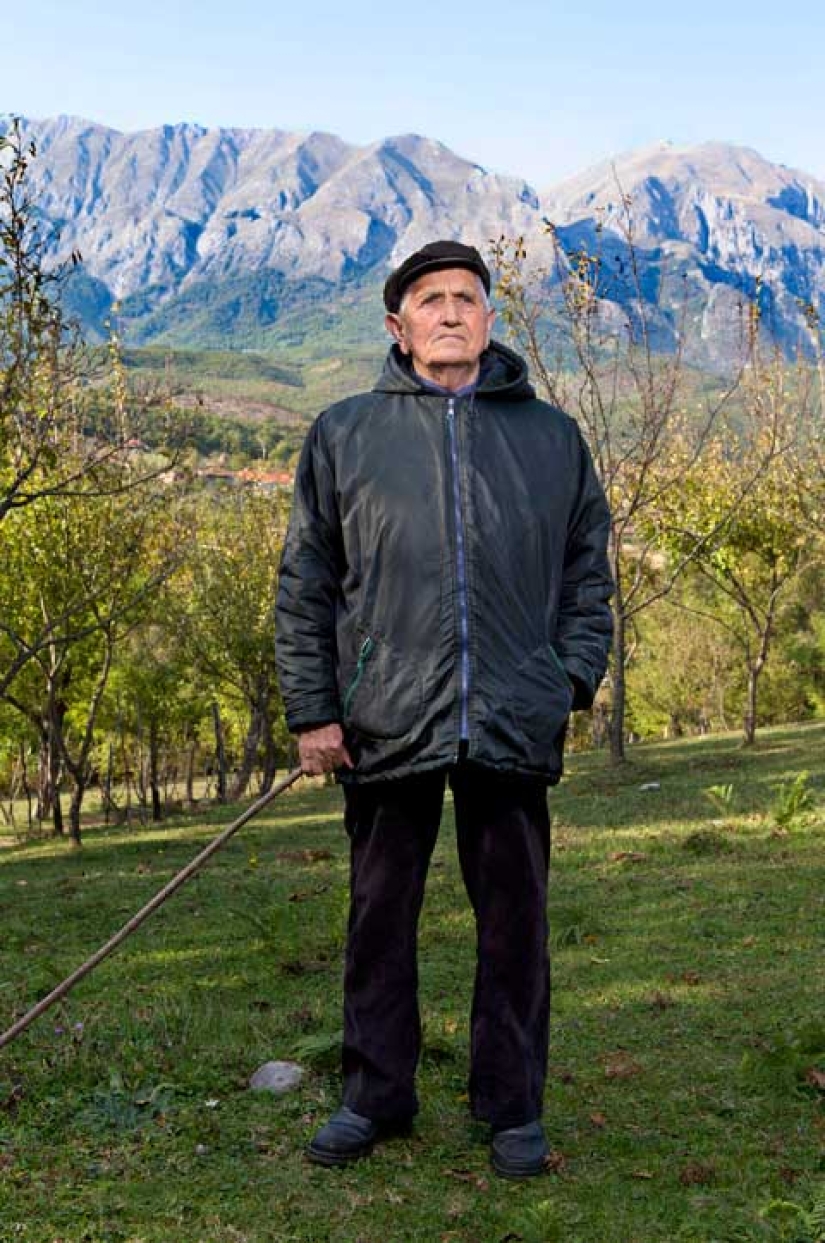
The only way to stay alive for a person who is sentenced to death is to stay at home forever. According to the Albanian code of Kanun, a blood enemy can not be killed in his home, so for a family like Kapaklia, the house remains the only salvation. Now in Albania, only about 10 thousand people are locked in their homes in this way.
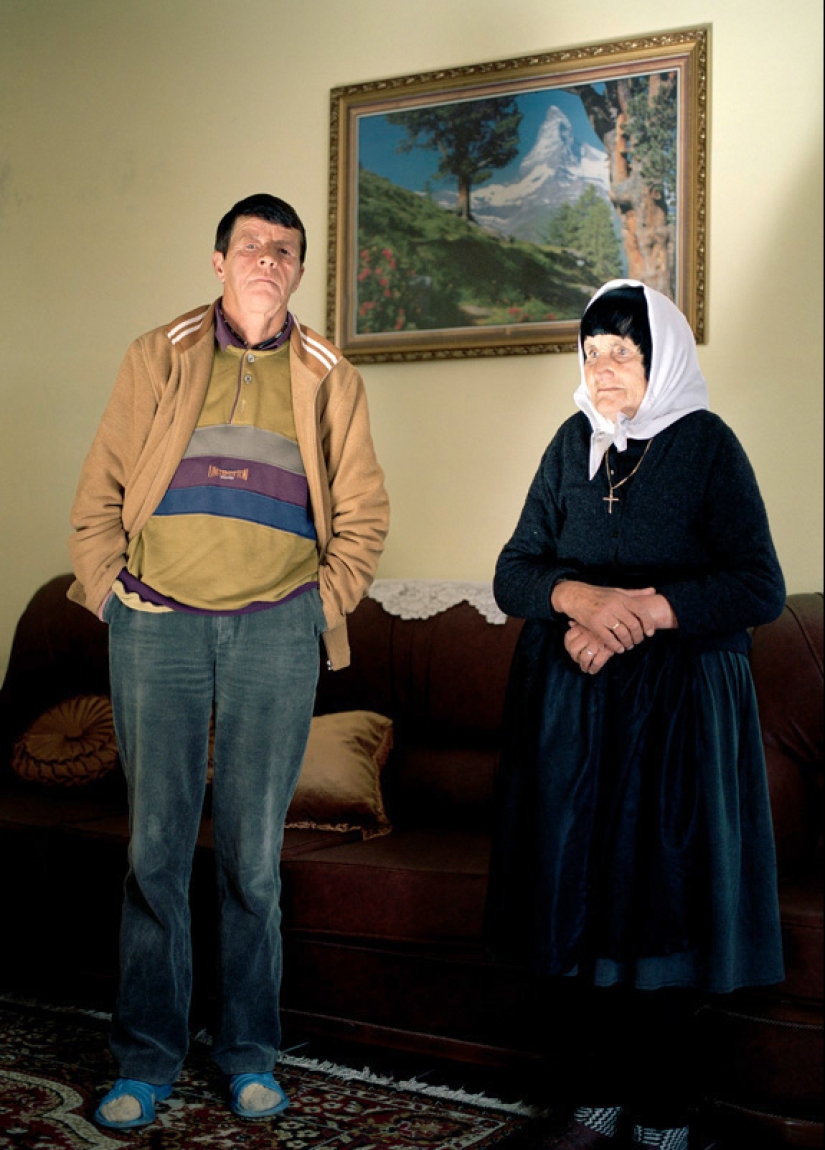
Blood feuds can only be stopped by the head of the family clan, who must, if he intends to establish peace, go voluntarily to the hostile clan and offer his blood in exchange for the peace and tranquility of his family. If the other party agrees, they either kill the brave champion of peace, or give their word - "imp", stipulating a period during which they will not touch the members of the clan that requested peace, until a final decision is made. "Besa" means the beginning of a possible peace, which in turn means forgiveness, often measured in the amount of personal property and livestock transferred.

It is also possible to appeal to a recognized authority. Such is, for example, Ndrek Pietri, who spent many years in correctional camps. After the change, he headed the Union of Political Prisoners and became famous for his ability to stop hatred and end blood feuds. Pietri does not call for abandoning the vendetta at all, considering that it introduces the Albanians to the real laws of their ancestors, the real essence of which is now forgotten and distorted.
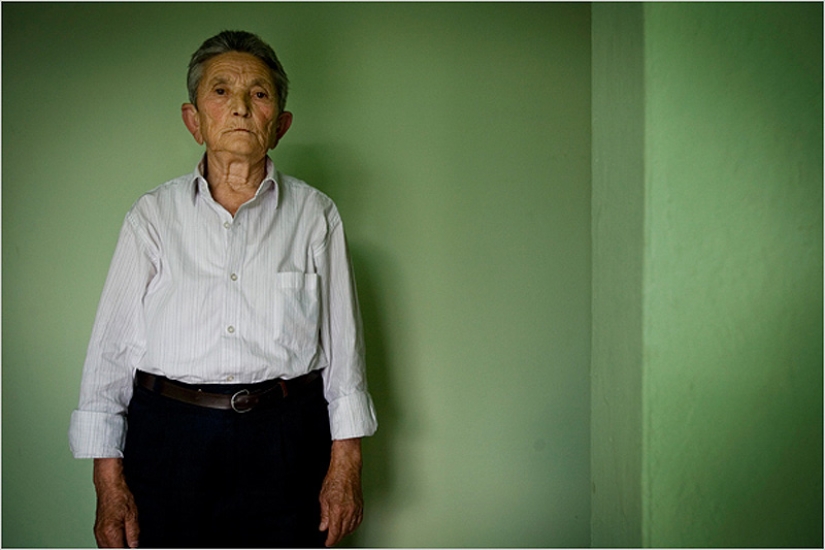
Previously, says Pietri, the guilty family hid in the mountains and waited for the decision of the council of elders. The elders usually only punished the murderers and the immediate perpetrators, and did not touch the entire family. This is the tradition that Pietri is going to restore."
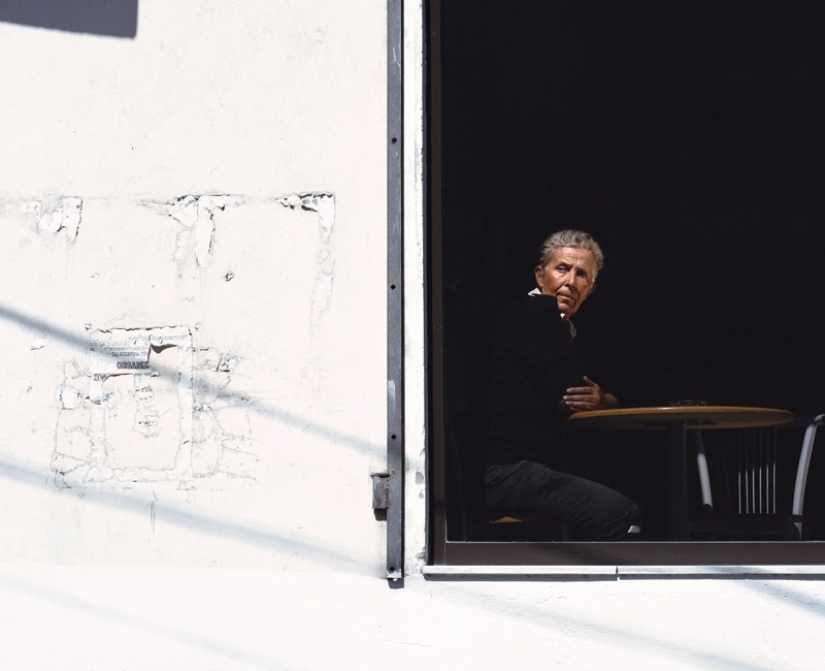
Today, of course, Albania has become to some extent Europeanized, but life on the Eve has remained. In particular, according to paragraph 88, the Eve recognizes the son as the heir, and not the daughter, if there are no sons-heirs in the family. In this case, the daughter can only become a "burnesha", that is, a "woman-man": take an oath to remain chaste and not marry, and this oath must not be broken for the rest of her life. Only in this way can a woman become the head of the family and the official heir. The Burneshas are well received within the community, even admired for their willpower... the Burneshas dress like men, behave like men, and have equal rights with men – but they can't have children.
And given the fact that hundreds or even thousands of Albanian families are deprived of their sons-heirs due to blood ties, "burnesha" is a very common phenomenon. No one knows the exact number of them in Albania, but usually the count goes to thousands – at least 3-5 thousand.
Keywords: Albania | Burnesa | Gender | Revenge | Traditions
Post News ArticleRecent articles

It's high time to admit that this whole hipster idea has gone too far. The concept has become so popular that even restaurants have ...

There is a perception that people only use 10% of their brain potential. But the heroes of our review, apparently, found a way to ...
Related articles

Nowadays, in big sports, sometimes there are questions to athletes who are suspected of being men. Modern scientists are well aware ...

Relatively recently, the world began to learn about gender diversity. Started talking about a lot of things that have never been ...

The term "traditional sexual orientation", which is often used in colloquial language, has not been used in sexology for a long ...

New Year's is a time to surprise and delight loved ones not only with gifts but also with a unique presentation of the holiday ...